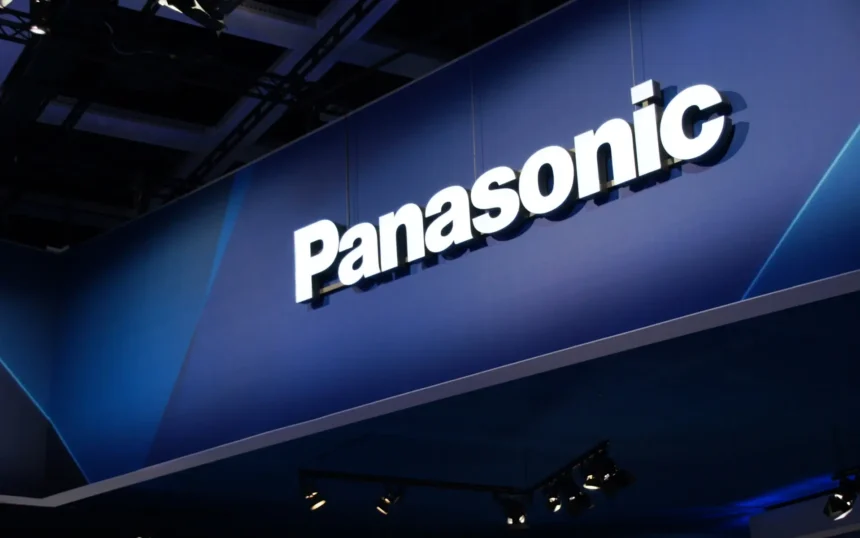Panasonic Automotive Systems Co., Ltd. (PAS) and Arm have formed a strategic partnership with the goal of standardizing automotive architecture for Software-Defined Vehicles (SDVs). This collaboration stems from their shared vision of creating a flexible software stack that can meet the current and future needs of the automotive industry. Both companies are actively involved in the SOAFEE initiative, which promotes collaboration in standardized software development across the automotive market.
The automotive industry has been consolidating Electronic Control Units (ECUs) into powerful units like Cockpit Domain Controllers (CDC) and High-Performance Computers (HPC). This shift has emphasized the importance of hypervisors and advanced chipsets. However, many automakers and tier-1 suppliers face challenges due to vendor-specific proprietary interfaces, leading to increased costs and delivery time when transitioning between different solutions.
To address these challenges, PAS and Arm are advocating for a shift from a hardware-centric to a software-first development model. By standardizing interfaces between automotive software stacks and underlying hypervisors and chipsets, it becomes easier for automotive partners to adopt the latest technology optimized for their specific needs.
The partnership between PAS and Arm will focus on several key initiatives. Firstly, they will utilize VirtIO-based Unified HMI to standardize zonal architecture. This involves virtualizing devices connected to central ECUs and zonal ECUs, distributing GPU loads effectively and reducing heat generation and harness weight. The collaboration aims to provide a blueprint and reference implementation to standardize zonal architectures in the automotive industry.
Secondly, the partnership will ensure environmental parity from cloud to car. PAS’s vSkipGen™ operates on Arm Neoverse™-based cloud servers, maintaining the same Arm CPU architecture and VirtIO device virtualization framework to ensure consistency between cloud virtual hardware and automotive hardware.
Lastly, PAS and Arm plan to expand VirtIO standardization beyond cockpit use cases to encompass more automotive applications. This includes standardizing interfaces for Real-Time Operating Systems (RTOS) to decouple Advanced Driver Assistance Systems (ADAS) software from hardware dependencies.
Overall, the partnership between PAS and Arm signifies a significant step towards creating a standardized software-defined vehicle architecture that can adapt to the evolving needs of the automotive industry. By leveraging VirtIO and collaborating on key initiatives, the two companies aim to streamline development cycles and drive innovation within the automotive sector.







